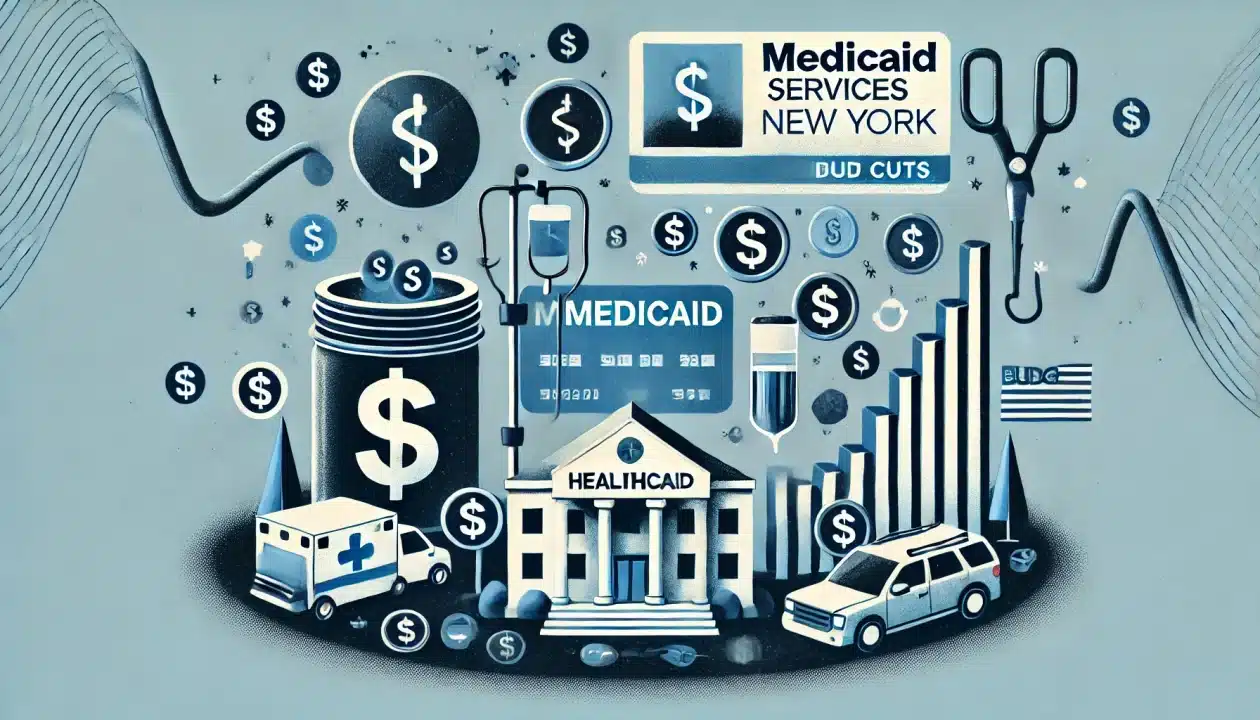
A sweeping Republican tax and spending bill that includes significant cuts to Medicaid is advancing through the House of Representatives, setting the stage for a heated floor vote later this week.
What’s in the bill?
The legislation, a cornerstone of former President Donald Trump’s domestic agenda, proposes more than $625 billion in Medicaid reductions. It also includes:
- New cost-sharing requirements of up to $35 per service for some Medicaid beneficiaries
- Accelerated Medicaid work requirements, moving the start date from 2029 to 2027
- A rollback of clean energy tax credits from the Biden era
- Cuts to other social programs, including limits on SNAP (food stamp) access for some legal immigrants
While exemptions were added for services like primary care, mental health, and addiction treatment, experts warn the bill could still cause millions to lose coverage.
Fast-tracked with limited debate
Critics argue the bill is being rushed through without adequate scrutiny. House Republicans released the full text just days before committee votes began. Lawmakers had less than 72 hours to digest the legislation before a marathon 26-hour markup session.
The Congressional Budget Office has not yet released a full cost estimate, but early analysis suggests over 7 million Americans could lose health coverage if the bill becomes law.
Divisions within the GOP
Conservative hard-liners pushed for faster Medicaid cuts and deeper spending reductions. In exchange for letting the bill move forward, they secured written commitments from GOP leadership to:
- Enforce Medicaid work requirements sooner
- Shrink federal Medicaid contributions to states
- Repeal parts of the Inflation Reduction Act’s green energy subsidies
However, moderate Republicans and blue-state lawmakers are pushing back, especially over Medicaid cuts, the cap on state and local tax deductions, and pension provisions.
What the White House says
Speaker Mike Johnson has kept in close contact with Trump, but the White House has not yet publicly endorsed the final language. Health Secretary Robert F. Kennedy Jr. is expected to weigh in during this week’s House Ways and Means Committee discussions.
The administration’s internal debate continues, with some officials wary of the political fallout from gutting Medicaid—a program with broad bipartisan support.
Critics warn of serious consequences
Health policy analysts and former lawmakers have blasted the bill’s speed and scope.
“This is not normal,” said retired Rep. Henry Waxman, who helped write the Affordable Care Act. “They’re voting on radical Medicaid changes with no hearings, no expert input, and no clear understanding of the consequences.”
Jonathan Cohn of The Bulwark noted that the process mirrors the failed 2017 ACA repeal effort, where rushed deliberations and unpopular proposals ultimately doomed the bill.
What happens next?
The House Rules Committee is scheduled to meet at 1 a.m. Wednesday to finalize the bill. A full floor vote could come as early as Thursday.
If the bill passes the House, it will face an uncertain path in the Senate, where several Republicans have expressed concern over Medicaid provisions and immigration-related changes to SNAP.
